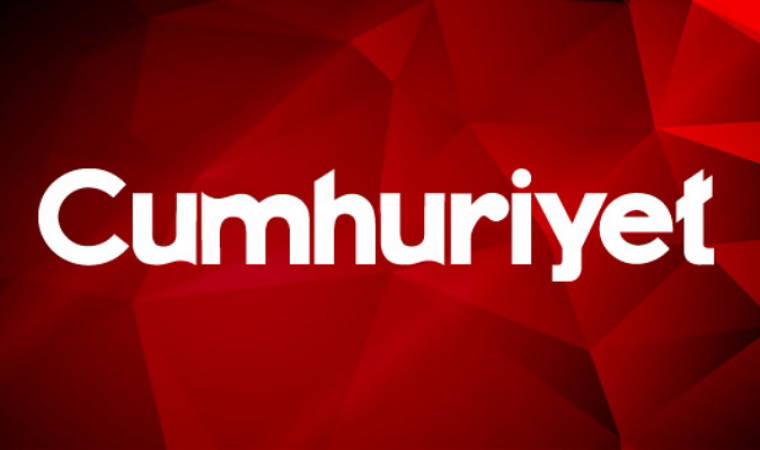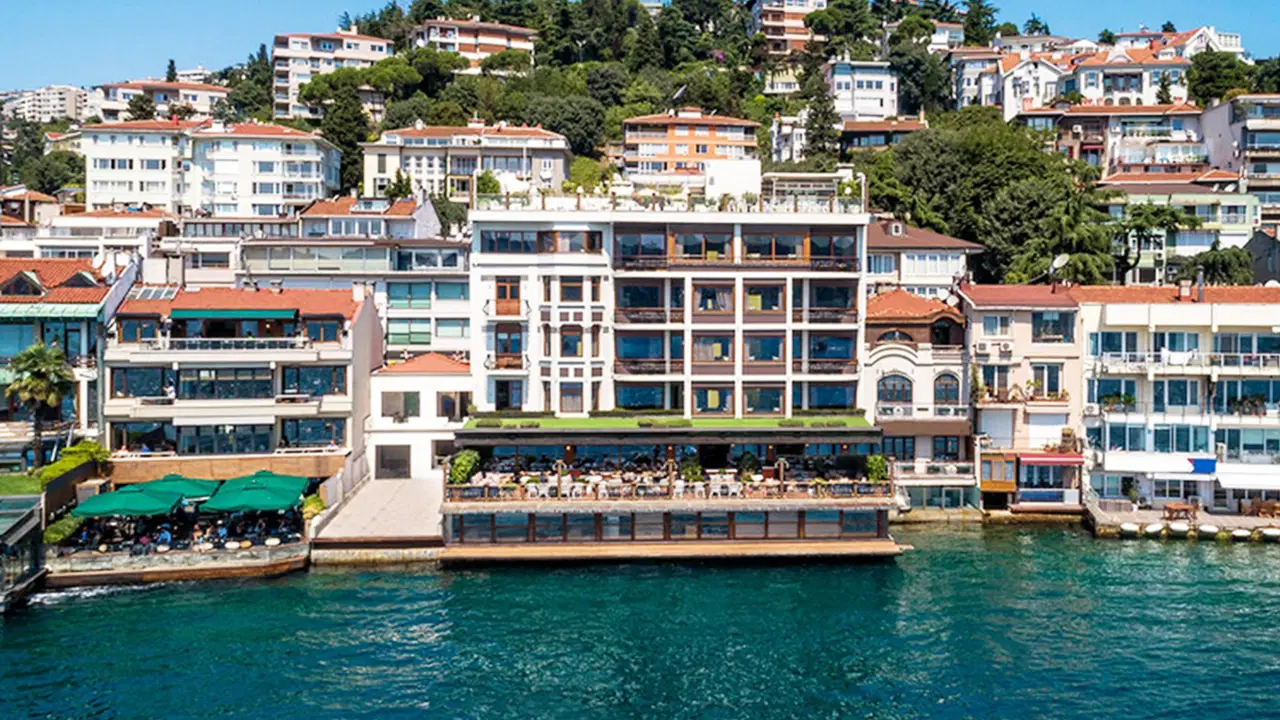KADRİ GÜRSEL
The hefty loss in value suffered by the Turkish lira against the dollar over the past two weeks has had a detrimental effect on electoral trends for the ruling party.
The support given to President Recep Tayyip Erdoğan, the People’s Alliance and the AKP and MHP has fallen to critical levels in the past two weeks.
According to the results of an opinion poll that Istanbul Economic Research made public the day before yesterday, the percentage of those stating they will vote for Erdoğan in the first round of the presidential election has retreated to 44.02 from the level of 47.79 detected on 16 May. This result signifies that the presidential election will make it to a second round on 8 July. Assuming Erdoğan passes to the second round with 44%, his rival is presented with the chance of winning, because it will be rather tricky for the President to add a sufficient number of fresh votes in the second round to the votes he gets in the first round to bring him electoral victory.
Istanbul Economic Research put Erdoğan’s vote at 48.6% on 25 April, compared to 47.65% in May. On those dates, Erdoğan’s vote appeared to be holding up at a level close to that which would hand him the election in the first round; right until the interview he gave Bloomberg TV in London on 14 May and the private meeting with international fund managers on the same day. The actors of the international finance market concluded from what Erdoğan had to say that there would be no independent central bank in a Turkey under his presidency, interest-rate policies would be determined by Erdoğan, interest-rate oversight would be politicised in the full sense and Turkey would completely lose its investment-grade country status.
Erdoğan thereby squandered the trust investors felt in him and the flight from the Turkish lira was a consequence of this.
However, it will be necessary to await the result of the public opinion poll that Istanbul Economic Research will repeat within the coming week to see whether the significant 3.7% drop detected over ten days in Erdoğan’s vote is lasting or cyclical. The fall in Erdoğan’s vote may either be the result of panic engendered among voters by the sudden loss of value suffered by the Turkish lira, or a true rupture that will come at a heavy political price. Istanbul Economic Research’s public opinion poll was conducted online with the participation of 1500 subjects in twelve geographic regions between the dates of 23-26 May. The 1 November 2015 General Elections were adopted as the basis in the poll and the subjects’ responses were calibrated according to their political, geographical, age and educational circumstances. The margin of error is plus/minus two and a half.
The same method was used in the company’s previous polls we have mentioned in this article.
Another important result in the poll dated 26 May was the “People’s Alliance” appearing for the first time at below 45%. With the AKP-MHP alliance standing at 53.1% on 25 April, it had fallen to 47.84% on 6 May and weighed in at 48.8% on 16 May. On 26 May, conversely, the People’s Alliance had dropped to 44.5%.
The poll points to a melting away of the MHP. With the MHP vote standing at 5.4% on 6 May, this had retreated to 3.8% on 26 May. A direct migration of votes is taking place from the MHP to the Good Party. Moreover, in the big cities not least Istanbul, the Good Party is also visibly beginning to take votes from middle-class AKP voters. Among the pro-AKP urban middle classes, a swing to the Good Party is taking place as they become increasingly disturbed by the state of the economy and Erdoğan’s stance.
In short, one of the two major reasons for the People’s Alliance’s decline is the Good Party and the other is the negative development in the economy. The effect of an alternative beginning to crystallize on the centre right is making itself felt here and now.
As to the “Nation Alliance” consisting of the CHP, Good Party and SP, it is trending upward: it was put at 34.6% on 25 April, 36% on 6 May, 37% on 16 May and 40.5% on 26 May. The CHP’s vote is on the up: with it standing at 19.16% on 16 May, it was at 22.7% on 26 May. The same applies to the Good Party: it polled at 14.21 and 15.7% in the interval of ten days. Support for Felicity was recorded at 2.69 and 2.5% on the same dates.
On subjects being asked, “If there were an election this Sunday, which alliance or party would you vote for?” the HDP’s vote is seen to be 13.5%. If the word “alliance” is dropped from the question and it is posed simply as, “Which party would you vote for?” the HDP’s vote falls to 12.1%.
The difference is due to the existence of a group of Kurdish AKP voters amounting to around 1.5% who are disinclined to vote for the People’s Alliance in reaction to the MHP’s inclusion in it. Questioned about “alliance,” they say, “HDP,” but asked about “party,” reply, “AKP.”
It is these very Kurds who are the key to the HDP, the key party to 24 June.
In the end, we will see on 24 June what they have to say.















